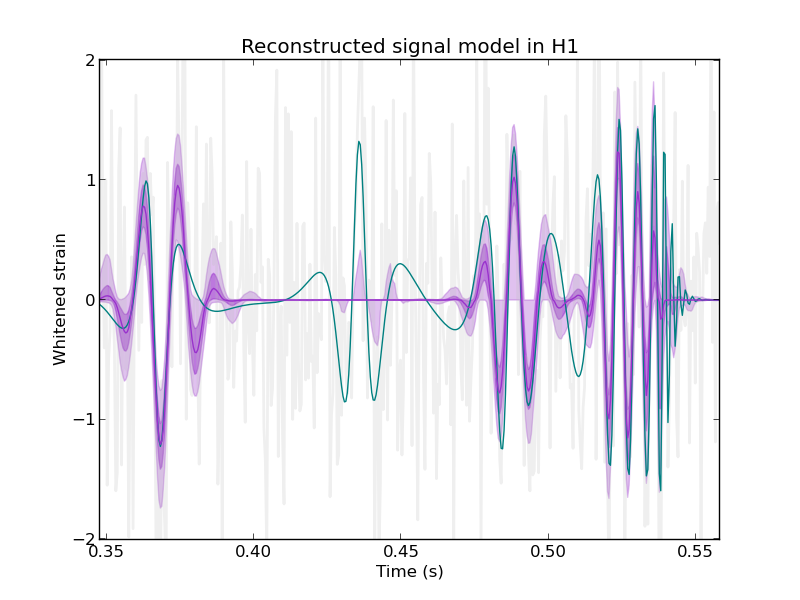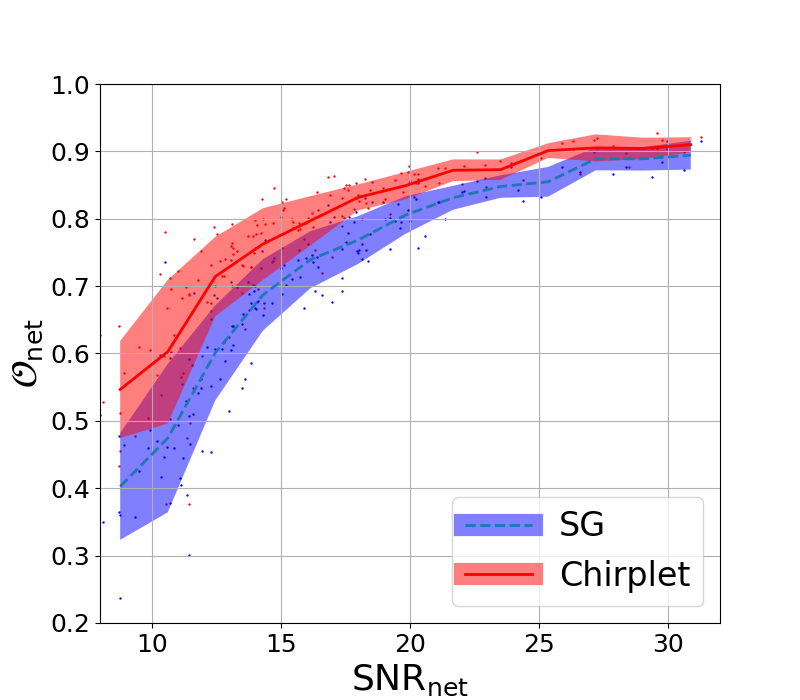

Bayesian reconstuction of gravitational waves from eccentric binary black holes
The network of Advanced LIGO and Advanced Virgo detectors observed a total of 11 gravitational wave (GW) signals, all but one originating from the coalescence of binary black holes (BBHs). These signals were found by template-based search methods that assume zero orbital eccentricities, and thus all detections are consistent with having originated from binaries on circular orbits.
Observations of binary black holes with nonzero orbital essentricities could shed light on key questions about possible formation channels of BBHs. Template-based searches by the LIGO-Virgo Collaboration currently do not include templates of eccentric binaries. However it is shown that using only circuar templates results in a significant loss in detection rate for binaries having eccentricities higher than 0.1. Searches for generic GW transients that look for coincident excess power in the strain data of multiple GW detectors have the potential to find eccentric GW signals. One such algorithm is BayesWave, which is able to effectively distinguish between real astrophysical signals and non-Gaussian noise artefacts.
We worked on providing a comprehensive, multi-aspect study on the performance of BayesWave in reconstructing eccentric BBH waveforms as well as in estimating model-independent waveform parameters.
